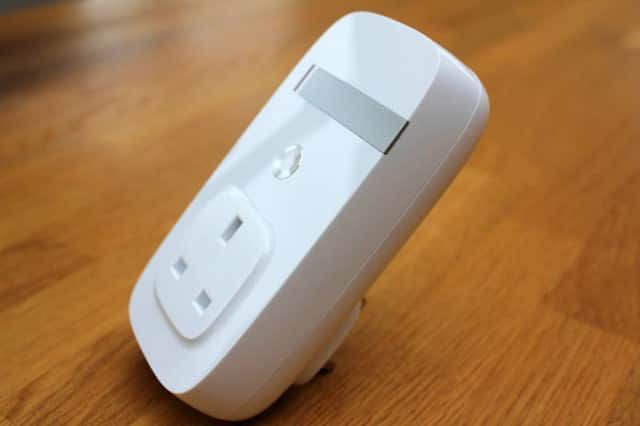Is there a new way to legally boost your mobile signal?


Even in the suburbs, mobile reception remains patchy, with many thousands able to get a signal only by going upstairs, or to the bottom of the garden.
There are workarounds for this, but they tend to be either expensive, impractical or illegal, and sometimes all three. However, new rules signed off by the regulator Ofcom are about to relax the third of those categories.
Advertisement
Hide AdAdvertisement
Hide AdThe use of mobile repeaters – boxes which pick up a signal from the nearest mobile transmitter and redirect it towards your house – has long been banned in the UK. It follows a tradition that dates back to the early 1980s, when the market was first deregulated, of making telecommunications gear conform to a stricter set of guidelines than those in the US.
In those days it was telephone handsets, radio scanners and citizens band radios we didn’t like; today the same is true of repeaters.
The internet is stuffed with such devices from America and especially China, which claim to bring mobile reception to spots where there was none. Ofcom has said that they can now be bought legally without the need for a licence – but its relaxation extends only to models which amplify a specific operator’s signal and which regulate their power so as not to interfere with that from the main transmitter.
It gave the industry several months’ notice of its intentions, but so far as I can see, there are as yet no compliant products on the market.
Advertisement
Hide AdAdvertisement
Hide AdThe reason is that the strictures require the development of a premium, UK-specific box, and there is no guarantee that the production of one will be cost-efficient. There is also the severe limitation of a single network per box: if you have, say, Vodafone and O2 mobiles in your home and you can get a decent signal on neither, you will need a repeater for each.
So, with support from Ofcom in principle but not in practice, the alternative options remain as they were: diverting incoming calls to your landline whenever you’re out of range, or using a repeater supplied by the mobile networks themselves.
These so-called Femtocell boxes are licensed by Ofcom and work by connecting to the network via your broadband router and creating a mini mobile hotspot in your home. It’s the one example of mobile and broadband co-existing. Vodafone’s Sure Signal and Three’s Home Signal are examples of such boxes, but they’re typically around £75, unless you shop second-hand on Ebay.
The networks also offer mobile apps which use let you use wi-fi rather than a mobile signal to call and text people. But these are by no means universally available; both your handset and tariff will have to be compatible, and availability varies from one network to another.
Advertisement
Hide AdAdvertisement
Hide AdIn the suburbs, the best cure for bad reception is still to change networks. It’s entirely possible to transform your experience by switching from O2 to EE, or vice versa. But if your whole community is still in a mobile vacuum, and you can afford the UK premium, Ofcom’s relaxed rules may yet bring some respite.